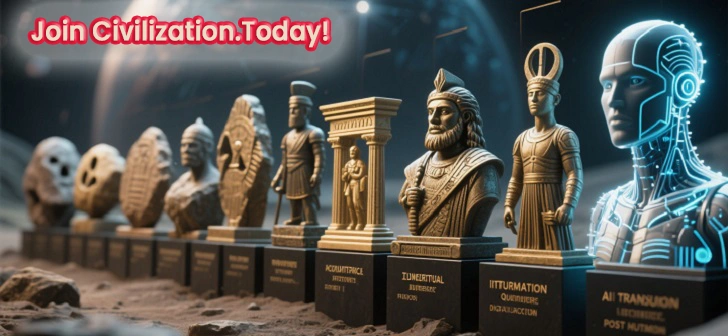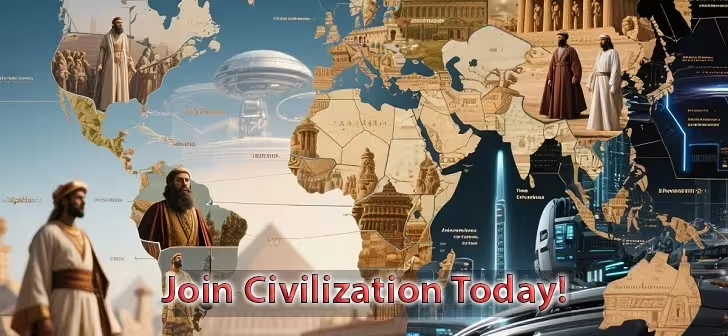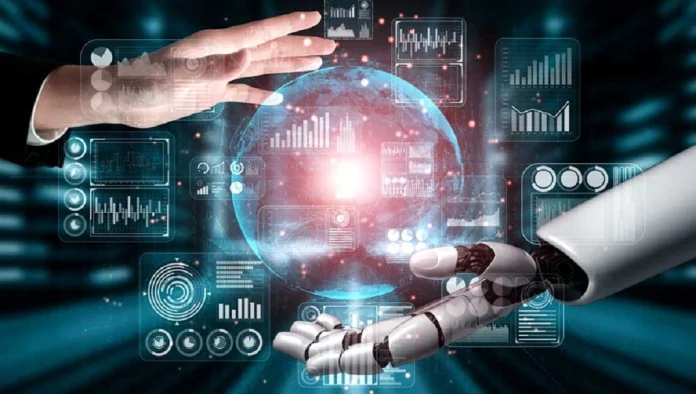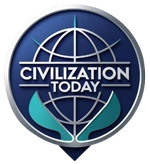Artificial Intelligence (AI) is no longer the distant promise of science fiction—it is here, evolving at lightning speed, and transforming every facet of our society. From self-driving cars to predictive healthcare algorithms, AI is reshaping how we live, work, and interact. But as the technology grows more powerful, a critical question arises: How do we govern AI to ensure it serves humanity’s best interests? This is where the concept of Future AI Governance comes into play—a framework for managing, regulating, and guiding AI development in a way that balances innovation with ethical responsibility.
In the next decade, Future AI Governance will not just be about creating rules; it will be about reshaping the global economy, redefining work, and redistributing wealth in a highly automated world.
The Rise of AI and the Need for Governance
AI’s rapid advancement brings immense opportunities—but also significant risks. Automated systems are now capable of replacing human labor in industries from manufacturing to finance. While this boosts productivity, it also threatens jobs, disrupts economies, and concentrates wealth in the hands of those who control AI technologies.
Without Future AI Governance, we risk entering a world where inequality deepens, privacy erodes, and decision-making power is concentrated in the hands of a few tech giants. Governance frameworks will be essential to ensure AI development is transparent, fair, and aligned with human values.
Economic Impact: Wealth Creation and Redistribution
Automation has always been a double-edged sword. In previous industrial revolutions, machines replaced certain jobs but also created new industries and roles. However, the scale of AI’s impact is unprecedented.
- Wealth Concentration. Companies that own and operate advanced AI models will have enormous economic power. Imagine corporations replacing thousands of employees with AI systems that can work 24/7, never take breaks, and continuously improve through machine learning.
- Job Displacement. A McKinsey report predicts that by 2030, up to 800 million workers globally could be displaced by automation.
- New Opportunities. While many jobs will disappear, new categories will emerge—AI ethicists, machine learning auditors, AI governance officers, and more.
Future AI Governance will play a vital role in taxation, universal basic income (UBI) policies, and fair distribution of the wealth generated by automation.
Key Principles of Future AI Governance
To ensure AI benefits everyone, governance structures must be built on clear principles. Here are the pillars of effective Future AI Governance:
- Transparency. AI decision-making processes should be explainable and accessible to public oversight.
- Accountability. Developers and companies must be held responsible for AI actions and outcomes.
- Ethical Standards. AI must respect human rights, avoid bias, and promote fairness.
- Safety and Security. Prevent misuse of AI in areas like autonomous weapons, mass surveillance, and deepfake manipulation.
- Economic Equity. Policies to counteract job displacement and wealth concentration should be implemented.
AI Governance Models: National vs. Global
AI is a global technology—it knows no borders. Yet, governance approaches vary dramatically between nations.
- National Governance. Countries like the EU are already implementing strict AI regulations, focusing on privacy, data protection, and bias prevention.
- Global Governance. International cooperation is essential to prevent a fragmented AI landscape where ethical standards vary wildly. Organizations such as the UN and OECD are beginning to propose global AI governance frameworks.
Future AI Governance may need to function much like climate change agreements—requiring global consensus and cooperation to tackle shared challenges.
The Role of Automation in Reshaping Work
AI-powered automation will fundamentally change the nature of work. While repetitive and dangerous jobs will vanish, creative, strategic, and human-centered roles will flourish.
- Decline of Routine Jobs. Roles in data entry, basic accounting, and manufacturing assembly will shrink.
- Rise of Human-AI Collaboration. Workers will increasingly act as supervisors, trainers, and partners to AI systems.
- Lifelong Learning as a Necessity. Reskilling programs will become central to adapting to AI-driven industries.
Future AI Governance will need to address these shifts by incentivizing companies to invest in employee retraining and by ensuring educational systems prepare students for an AI-augmented future.
Ethical Dilemmas in AI Governance
With AI’s power comes moral complexity. Consider these pressing ethical dilemmas:
- Bias in AI Algorithms. Without proper oversight, AI can perpetuate and even amplify existing social biases.
- Privacy Concerns. AI systems can collect and analyze vast amounts of personal data, raising questions about consent and surveillance.
- Autonomous Weapons. Military use of AI poses existential risks if left unchecked.
Future AI Governance must create clear ethical boundaries to prevent abuse while still fostering innovation.
Case Studies: Early AI Governance in Action
Several real-world examples illustrate the first steps toward Future AI Governance:
- European Union’s AI Act. The EU is pioneering legislation that categorizes AI systems by risk level and imposes strict compliance standards.
- Singapore’s Model AI Governance Framework. Focuses on transparency, fairness, and human-centric AI deployment.
- US AI Bill of Rights (Proposed). Aims to protect individuals from harmful AI practices in employment, healthcare, and policing.
These frameworks show that governance is possible—but the challenge lies in scaling such policies globally.
Why Future AI Governance Will Shape Tomorrow’s World
In many ways, Future AI Governance is the deciding factor in whether AI becomes humanity’s greatest ally or its most destabilizing force. Proper governance can:
- Prevent Economic Collapse. By ensuring wealth distribution and employment stability.
- Protect Human Rights. By enforcing ethical and legal safeguards.
- Encourage Innovation. By creating a safe, predictable environment for AI research and deployment.
Ultimately, governance is not about slowing AI down—it’s about steering it in the right direction.
Looking Ahead: Building a Balanced AI Future
The future of AI will be determined by the choices we make today. Governments, businesses, and civil society must work together to create governance systems that are flexible, forward-looking, and inclusive. This means:
- Creating international treaties on AI ethics and safety.
- Investing in AI literacy for the general public.
- Establishing global AI oversight bodies to monitor and regulate high-risk applications.
If done right, Future AI Governance can transform AI from a threat into a powerful tool for solving humanity’s greatest challenges—from climate change to global healthcare.
Conclusion
AI will reshape wealth and work in ways we can barely imagine. The key to ensuring these changes are beneficial lies in Future AI Governance—a coordinated, ethical, and economically fair approach to managing AI’s growth. We stand at a crossroads: one path leads to a future of inequality and instability; the other, to a world where AI empowers all of humanity. The choice is ours, and the time to act is now.




